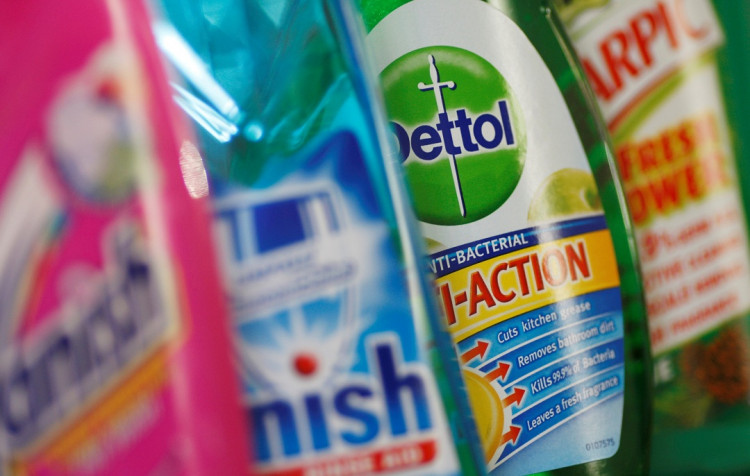British pharmaceutical and consumer goods company Reckitt Benckiser has reportedly paid $1.4 billion to finally put an end to the US' investigation into its marketing practices involving an opioid addiction drug distributed by its former subsidiary Indivior.
The payment has been seen by analysts as a way for the company to finally remove the uncertainty that has been looming over it for the past few years.
The settlement amount is significantly much higher than what the company had initially planned to pay when the investigations started. Reckitt Benckiser reportedly set aside $400 million to cover the cost of the investigation.
The settlement is currently the largest fine ever paid by a pharmaceutical company following a string of lawsuits resulting in the ongoing opioid crisis in the United States.
The former holder of the having paid the largest fine belonged to Purdue Pharma. The maker of the popular opioid drug, OxyContin, paid $600 million in 2007.
The US Department of Justice and the US Federal Trade Commission originally charged Indivior with illegally increasing prescriptions for its opioid additional drug Suboxone.
The company was alleged to have been involved in deceiving doctors and healthcare facilities into thinking that its product was safer and less susceptible to abuse when compared to other similar treatments.
Following news of the settlement, Reckitt Benckiser's share prices rose by as much as 3.3 percent on Thursday. Most of the company's investors apparently approved of the expensive decision, seeing as that it will now open the way for its new CEO Laxman Narasimhan to come up with a turnaround plan.
Some investors have mentioned that the settlement was worth the price if it meant that the leadership would not be able to operate without one hand tied behind its back.
Under its outgoing CEO, Rakesh Kapoor, Reckitt Benckiser was met with a number of setbacks that decreased investor confidence in the company. The setbacks included a safety scandal in South Korea, a cyber attack on its systems, and a failed product launch.
To regain investor confidence, Kapoor managed to split the business into two units, namely a health products unit and a hygiene and home products unit.
Despite Kapoor's efforts, investors were still apprehensive about the company's transformation given the US investigation into Indivior. Reckitt Benckiser demerged with Indivior in 2014.
Reckitt Benckiser has denied that it had done anything unlawful. The indictment against Indivior revealed that it was doing illegal activities prior to it being de-merged. Despite having done any wrongdoing, Reckitt Benckiser's board apparently decided to just settle the issue for the interest of the company and its shareholders.






